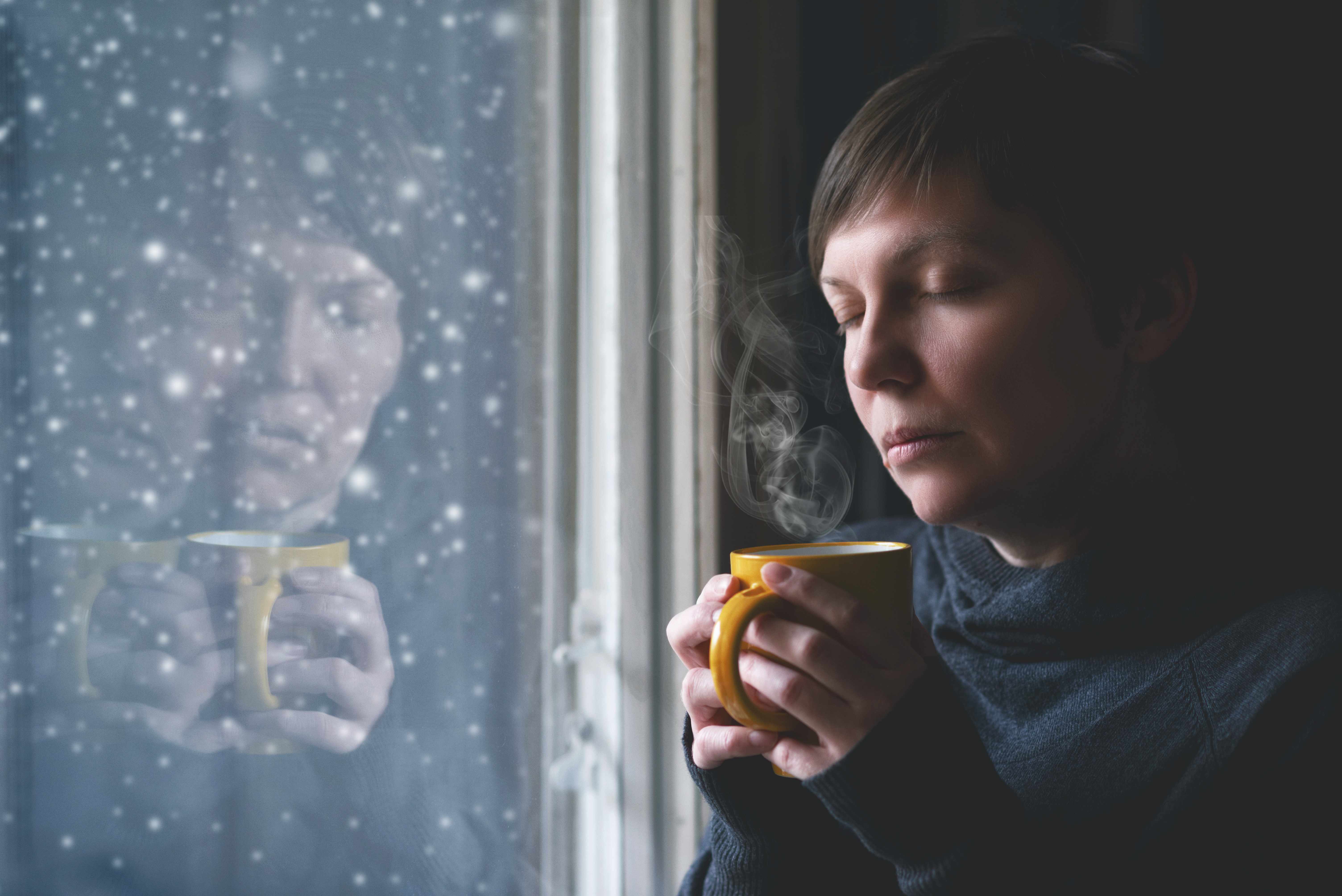-
It’s Sometimes Called ‘The Winter Blues’

With winter in the northern hemisphere in full swing it’s not uncommon for people to feel sluggish or moody. Those symptoms can be typical of someone experiencing seasonal affective disorder (SAD), a type of depression that typically occurs during the winter.
Symptoms include sleeping too much, overeating, loss of energy, social withdrawal and difficulty concentrating.
While many people periodically experience some elements of SAD in winter, Mayo Clinic psychiatrist Mark Frye, M.D., says you should seek professional help if your symptoms begin to affect your ability to perform at work and/or begin to take a toll on your personal relationships. Seeking clinical help is particularly important if you begin to feel hopeless, or have thoughts of self-harm.
Tips to keep your mood and motivation steady during the winter:
- Get outside — There is no substitute for natural light. If you work during the day, try to go for a walk during a break or lunch.
- Light therapy boxes can help boost your mood when you’re unable to get outdoors.
- Get regular exercise — At least three times a week for 30 minutes.
- Stay social — Interact with family and friends on a regular basis.
 What causes SAD? Sunlight enters the brain through our eyes, stimulating the production of a neurotransmitter, serotonin, which supports nerve cell functioning including mood. Less light results in lower levels of serotonin. Darkness stimulates the production of melatonin, which promotes sleep. The combination of less serotonin (which helps nerve cells cooperate) and increased amounts of melatonin (which puts a body to sleep) causes SAD.
What causes SAD? Sunlight enters the brain through our eyes, stimulating the production of a neurotransmitter, serotonin, which supports nerve cell functioning including mood. Less light results in lower levels of serotonin. Darkness stimulates the production of melatonin, which promotes sleep. The combination of less serotonin (which helps nerve cells cooperate) and increased amounts of melatonin (which puts a body to sleep) causes SAD.
Mayo Clinic Health System psychiatrist William Weggel, M.D., says, “There are many people who experience winter blues. However, there are those who are experiencing more serious symptoms. The good news is that in most cases, we are able to find a treatment plan to help the patient through the winter months.”







